Debatt ● GILS, holm kvisselgaard, fylkesnes
Lessons learned from the structural discrimination seminar in Bø
One thing we've learned, is to not hold back on discussing structural discrimination in its various forms, but to embrace the challenge.
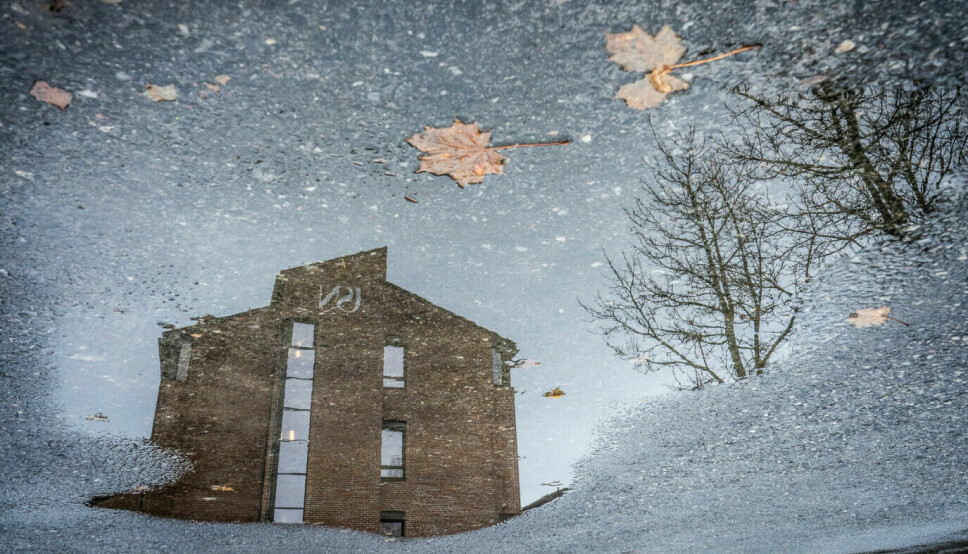
OBS! Denne artikkelen er mer enn tre år gammel, og kan inneholde utdatert informasjon.

Denne teksten er et debattinnlegg. Innholdet i teksten uttrykker forfatterens egen mening.
On 12 November 2021 students at the University of South-Eastern Norway saw their long planned seminar about structural discrimination and racism in the context of sport and outdoor life realized.
The event was attended by more than 70 students and faculty members from campus Bø. Foundations for this seminar were laid about a year ago, after a group of outdoor life students had sent a letter to their teachers in which they asked to discuss and evaluate the curriculum for aspects of structural discrimination, and to consider the inclusion of more non-western perspectives.
The letter sparked many internal discussions in the Department of Sports, Physical Education and Outdoor Studies in Bø and the process of organizing this seminar posed several challenges for both students and faculty. We consider it therefore important and appropriate to follow up and report on the seminar, which proved that topics like structural discrimination, often perceived to be sensitive and controversial, can be discussed and grappled with in constructive ways.
The piece needs to be read as a follow up on an earlier chronicle about this student initiative, in which the importance of making room for these kinds of student initiatives, and how discussions around structural discrimination can be had, are discussed.
It is our hope that our account can both be an inspiration and an encouragement for university students and faculty anywhere to not shy away from conversing and teaching about these and other social justice related themes, and to actively create platforms and opportunities to make such conversations possible.
The seminar concluded with a vivid dialogue between audience and all speakers gathered in a panel
Looking back at the seminar. The student initiative takers had built up the seminar with much consideration and conductive to constructive discussions and reflection, and had provided fifteen minutes of presentation time to five invited speakers on the topic of structural discrimination.
These speakers included associate professors Sandra Fylkesnes, Kristin Gregers Eriksen, Prisca Bruno Massao, Bente Ovédie Skogvang, as well as outdoor expedition influencer, Amy Mir. The seminar concluded with a vivid dialogue between audience and all speakers gathered in a panel, which also included two faculty members representing sport and outdoor life studies in Bø.
First to present was Sandra Fylkesnes, critical pedagogies and critical whiteness studies scholar. She started with a clarification of the central terms, followed by questions in small groups to help interrogate our own racialized ways of thinking, as to illustrate how safe spaces for challenging one’s own biases can be created. She also stressed the importance of recruiting for both faculty and student diversity as to better enable and facilitate non-white students to speak and contribute in classroom settings.
Kristin Gregers Eriksen, decolonizing pedagogies scholar, followed up by stressing the importance of building awareness around what kinds of knowledges our teaching and teaching materials (re)produce, and what and whose perspectives and knowledges it renders invisible. She presented and distributed the learning resource An introduction to decolonization published by the Students and academics international help fund (SAIH) in 2019, of which Eriksen was one of the main authors.
The toolkit includes concrete recommendations for decolonizing higher education. Eriksen emphasized how decolonization involves a democratization of research and a strengthening of knowledge, by making space for more voices and knowledges that are needed in times of wicked crises of global and racial justice and the environment.
The stage had now been set to turn to more specific contextualizations of structural discrimination within the fields of sport. Prisca Bruno Massao, anti-racism researcher, pedagogue and advocate, and racial discrimination in sport scholar, presented findings from NIF’s recent report on racism and from her dissertation that showed how black and other racialized athletes in Norway encounter both direct and indirect forms of discrimination at the individual and institutional level, and how this can be worked with and addressed at the sports political level.
She also stressed the importance of anti-racism work in teacher education, for which she has just been awarded a large research grant from the Norwegian Research Council.
Bente Ovédie Skogvang, Sámi researcher and chairperson of the Board of the indigenous festival Riddu Riððu Festivála AS (RRFAS), followed up with a presentation about how the concept of Norwegian ‘friluftsliv’ (outdoor life) and its associated pedagogies often rely on too narrow a definition of the concept in that it tends to exclude Sámi perspectives.
She encouraged a more conscious inclusion and rethinking of the Norwegianization process the indigenous people Sámi and other minority populations have been subjugated to, and what kinds of consequences this has for current generations of indigenous people, as well as for outdoor life related teachings and practices more generally.
Amy is known for having undertaken daring solo expeditions, including the so-called 100 km long Åsnes expedition Amundsen from Haukeliseter to Maurset in Eidfjord.
Amy Mir, outdoor influencer who also calls herself ‘ekspedisjonsjenta’ informed us about her experiences in the Norwegian outdoor life context. Proud of her Norwegian-Pakistani heritage and conscious wearer of her hijab, Amy is known for having undertaken daring solo expeditions, including the so-called 100 km long Åsnes expedition Amundsen from Haukeliseter to Maurset in Eidfjord.
Through her expeditions but also her active involvement on other public media fora, like the cooking show ‘familiekokkene’ for example, which sparked controversy about her wearing of the hijab, she advocated not only for what outdoor life experiences can teach, but also for a society with room for a wide specter of beliefs and cultural perspectives.
The road ahead. In a world where freedom of speech is coming under considerable threat, where gender studies departments are being shut down, where teachers are being threatened for speaking about race and racism, and where curricula are being governmentally censored, teaching and speaking about structural inequities and discrimination may seem like daunting tasks.
However, initiatives like this long anticipated, well-executed and well attended seminar illustrate the need as well as the feasibility of conversing and reflecting about structural inequalities in the contexts of university teaching as well as student and employee recruitment. This seminar is just one of many local initiatives, branching off of larger global social justice movements like Black Lives Matter, MeToo, and Extinction Rebellion.
Both these local and global initiatives are signs of a growing group of people worldwide wanting to address and settle long standing systemic injustices, in an attempt to create a sustainable world for generations to come. So, if the seminar in Bø has taught us one thing, it is to not hold back on discussing structural discrimination in its various forms, but to embrace the challenge.
This chronicle has been written in conversation with following people:
- Kristin Gregers Eriksen
- Prisca Bruno Massao
- Bente Ovédie Skogvang
- Amy Mir
- Per Ingvar Haukeland
And student initiative takers:
- Stine Holm Kvisselgaard
- Sofie De Place Jørgensen
- Anna Stavenuiter
Further reading:
For other discussions on academic topics visit Khrono's room of opinions


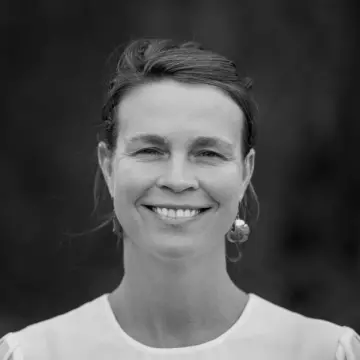
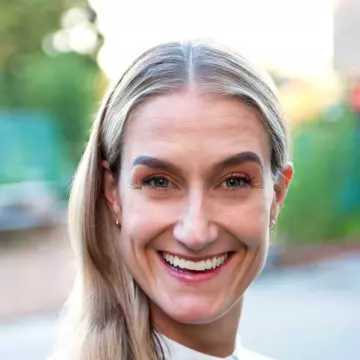
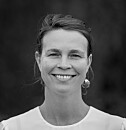
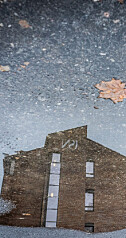

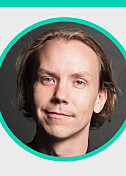
















Nylige artikler
Heime åleine-fest
NTNU kraftig slått av UiO i kampen om Fripro-midler. — Kritisk
Hva skal Innlandet med et universitet som legger ned sin egen regionalkraft?
Frp krever nasjonale regler som utelukker søkere fra risikoland i akademia
Mange innspill fra studentombudet
Mest leste artikler
Sykepleierstudenten har en dødelig sykdom. Mens han kan, vil han hjelpe andre
Stenger ute alle søkere fra Iran, Russland, Kina og Nord-Korea
Synkende tillit til dette forskningsfeltet: «Kjøpt og betalt, ikke tro på ham»
Ønsker å bli kvitt navnetradisjonen. Vil ikke være professor emerita
Det renner inn med KI-genererte søknader. — Som en flodbølge av KI-skvip